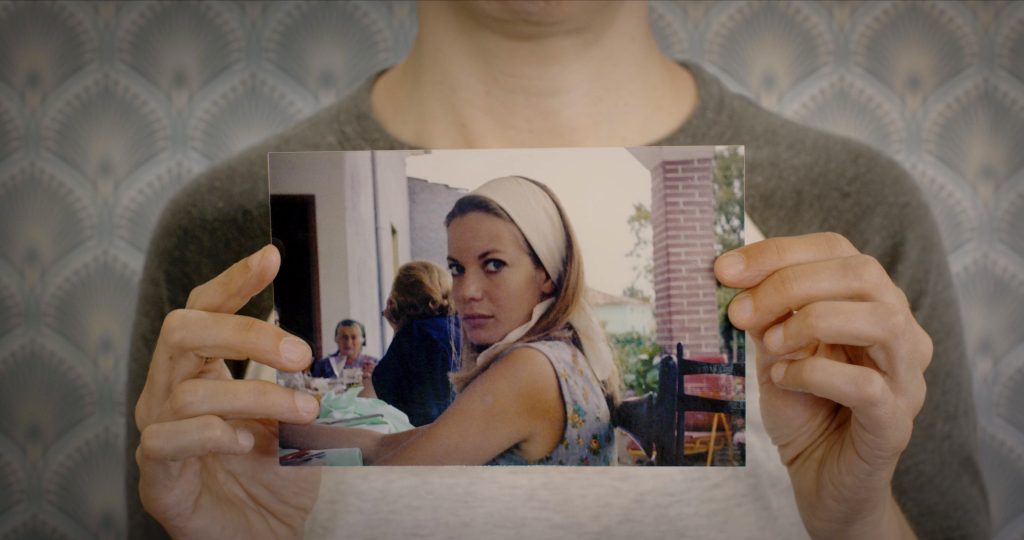A-D
E-H
I-N
O-R
S-T

Nestled in an isolated mountain region deep within the Balkans, Hatidze Muratova lives with her ailing mother in a village without roads, electricity or running water. She’s the last in a long line of wild beekeepers, eking out a living farming honey in small batches to be sold in the closest city – a mere four hours' walk away. Hatidze’s peaceful existence is thrown into upheaval by the arrival of an itinerant family, with their roaring engines, seven rambunctious children and herd of cattle. Hatidze optimistically meets the promise of change with an open heart, it doesn’t take long however, before a conflict evolves that exposes the fundamental tension between nature and humanity, harmony and discord, exploitation and sustainability.
The debut feature from documentarians Ljubomir Stefanov and Tamara Kotevska, HONEYLAND is made with the widescreen sweep of an epic, yet clearly built from an intimate collaboration between filmmakers and subject. With a surprising sense of humor, it’s a tough and tender portrait of thee delicate balance between humankind and nature, an glimpse at a fast disappearing way of life, and an unforgettable testament to one extraordinary woman’s resilience.
The HONEYLAND story began long before humans ever lived in the region, but our narrative starts with its last two remaining inhabitants: Hatidze and her mother Nazife. Just as worker bees spend their entire lives taking care of the queen bee which never leaves the hive, Hatidze has committed her own life to the care of her blind and paralyzed mother, unable to leave their ramshackle hut. The film is set in an unearthly lan, unattached to a specific time and geography, unreachable by regular roads, and yet, only 20 km away from the nearest modern city.
The families here use an ancient Turkish vernacular, so the film is driven by visual narration rather than dialogue, the characters are understood through their body language and their relationships, and their emotions. This visual and visceral communication draws the audience closer to the protagonists, and more importantly - closer to nature. Engendering the feeling that we as humans are but one species among many, equally affected by the circumstances around us.
The Nagoya Protocol - a United Nations Convention on Biological Diversity (CBD) - came into force at the end of 1993 and established global guidelines on access to natural resources. Its objective was the promotion of fair and equitable sharing of benefits for both providers - i.e. land, plants, animals - and users - i.e. humans - of resources. Genetic diversity, or biodiversity, enables populations to adapt to changing environments and a changing climate, contributing to the conservation and sustainability of resources. The “honey crisis” in this film illustrates the risk of ignoring these protocols and upsetting the respect for biodiversity.
Hatidze’s story is a microcosm for a the wider idea of how closely intertwined nature and humanity are, and how much we stand to lose if we ignore this fundamental connection.
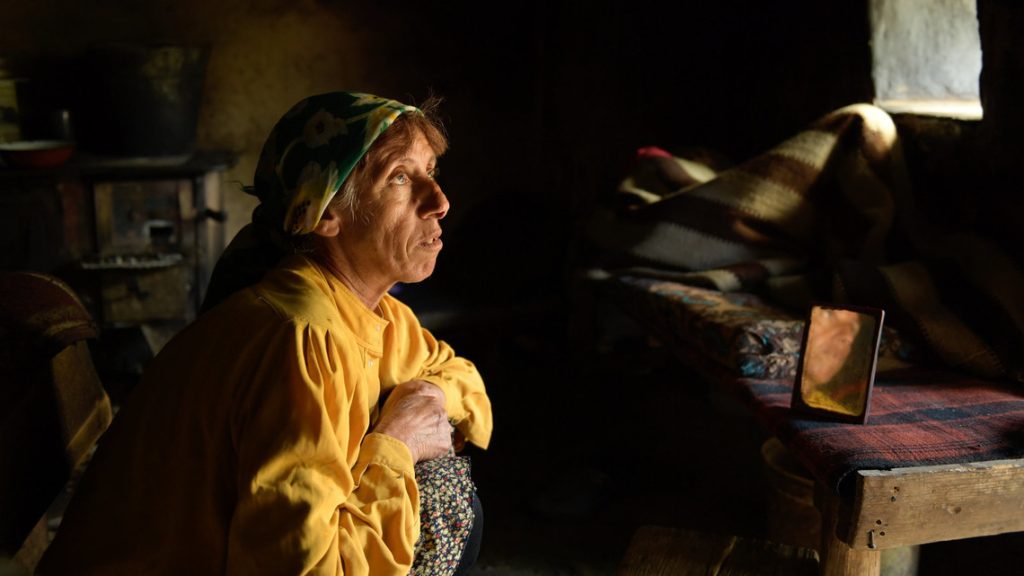
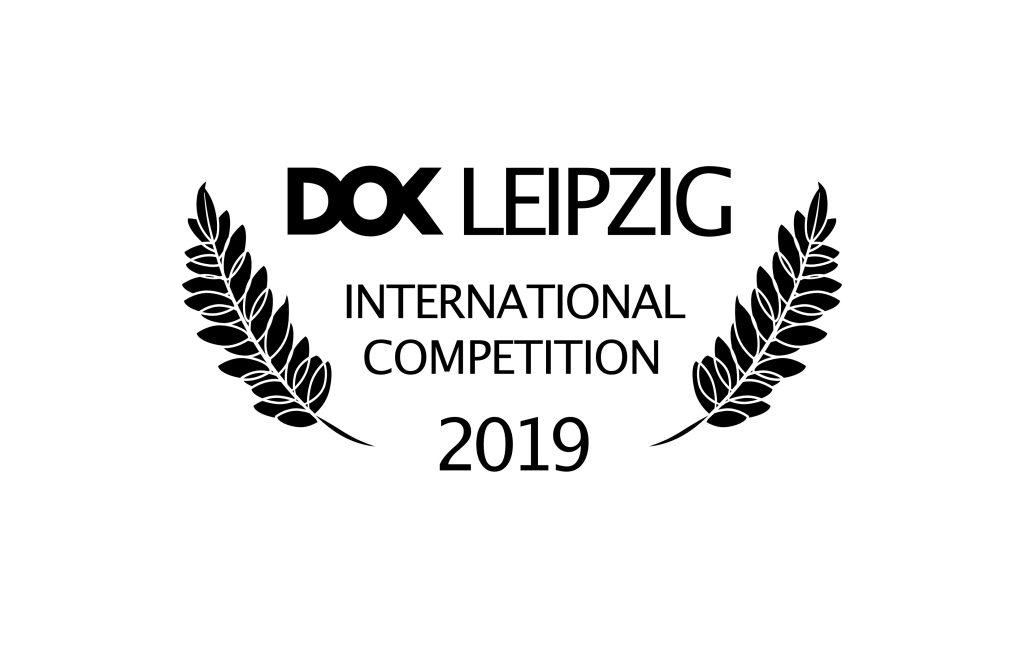
Having experienced the loss of his murdered brother, director Audrius Mickevičius went to the Lukiškės prison to examine the paradox of “exemplary behaviour”. Mickevičius met Rimas and Rolandas who are sentenced to life but driven by the hope of change. Mickevičius himself experienced the journey from anger to forgiveness, which was interrupted by his terminal disease.
Audrius Mickevičius
“Death makes us equal. It helps us feel and recognize the real world, which is currently becoming more of a simulation. Our authentic social life is replaced by its representation in the media which often destructively influences our mentality. The human condition, dignity, freedom, social responsibility and tolerance have a value worthy of discussion in this practically anesthetized contemporary world.”
Nerijus Milerius
“The mission of the film is to abandon stereotypes and look at the lives of prisoners sentenced to life without initial prejudices. Looking closely at the lifers, their contradictory individualities begin to emerge. The film Exemplary Behavior is a film not only about crime and the fall, but also about time standing still, thoughts of suicide and the moderate hope of regaining freedom and returning to real life.”
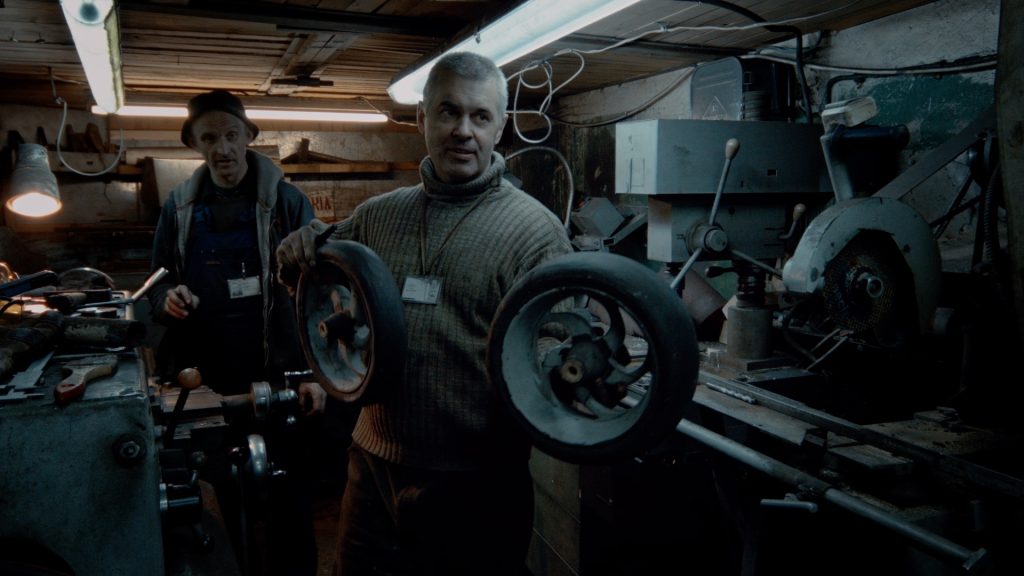

A mind boggling "coincidence" from 25 years ago which ultimately leads the filmmaker to track down his 5th grade class (and 5th grade teacher) to see what they remember of a bullying incident from 50 years ago. In a playful yet poignant way, he begins to understand his complicity and the elusive nature of memory.
"The shame Rosenblatt feels for having bullied another is palpable, but he has taken that and made a work of art that is sad and funny and very much in touch with the human condition."
— Pam Grady, SF Chronicle
"Conjuring the past with an enticing array of cinematic devices—close analysis of film footage, the playful animation and manipulation of still photographs, copious interviews on camera and in voice-over, and his own trenchant and rueful monologues—Rosenblatt evokes lifetimes of anguish while also pondering the ethics of telling the victim’s story."
— Richard Brody, The New Yorker
Critic's Pick: “'Bullies' is a deeply personal essay about the director’s childhood, centering on an instance of bullying in which Rosenblatt participated when he was in fifth grade. It’s an exhumation of the long-buried past, told with a mix of found footage, animation, first-person voice-over and traditional interviews. It may not be the most topical or newsy of the documentary selections, but it is, hands down, the most artful."
— Michael O'Sullivan, The Washington Post
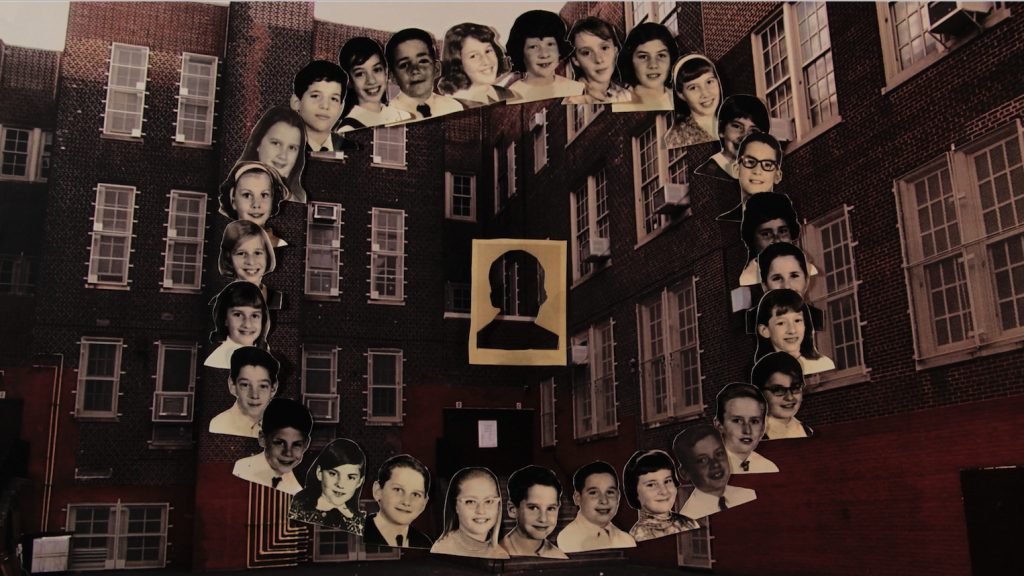
For the first time in a documentary Amanda Lear recounts her eventful life, which was repeatedly marked by ruptures. The path to fame led through changing self-images, but these were created by others, mostly men. So the film is also a story of the search for identity and of playing with ambiguity - always accompanied by the myth that Amanda was transsexual and was born as a boy.
From being a model she became the muse of Salvador Dali, from being a muse she became the world-famous disco queen. Amanda Lear oscillated between the swinging London of the sixties and Parisian high society of the seventies, but was not able to identify with either of these worlds. In order to understand the ruptures that resulted out of this, the film uses extensive archive material to depict the zeitgeist that defined Amanda Lear's unusual life. Or as she herself says today, "I've lived several lives."
She was an early pioneer of the postmodern age of "celebrities" and self-invention. With unlimited ambition, Amanda Lear did everything she could to become “famous”, no matter for what. So she created a fictional character and became famous just for being Amanda Lear. Model and girlfriend of rock stars in England, muse of Salvador Dali in France, disco queen in Germany, the USA and Asia, television presenter in Italy - a woman on a never-ending, often painful, search for herself.
She is one of the most mysterious icons of the pop world. Amanda Lear wanted to be famous at any price. She started as a model at the age of eighteen, in Paris she was the muse and companion of Salvador Dali for fifteen years. Then she became a disco queen and sold 40 million records. She shared her life at times with stars like Brian Jones and David Bowie. "Queen Lear" tells of the life that was often defined by these men. But it is also a story of Amanda Lear's restless search for an identity, of constantly recurring liberations and farewells - from people, from self-images and ultimately also from the pursuit of fame.
THE POST INTERNAZIONALE Article


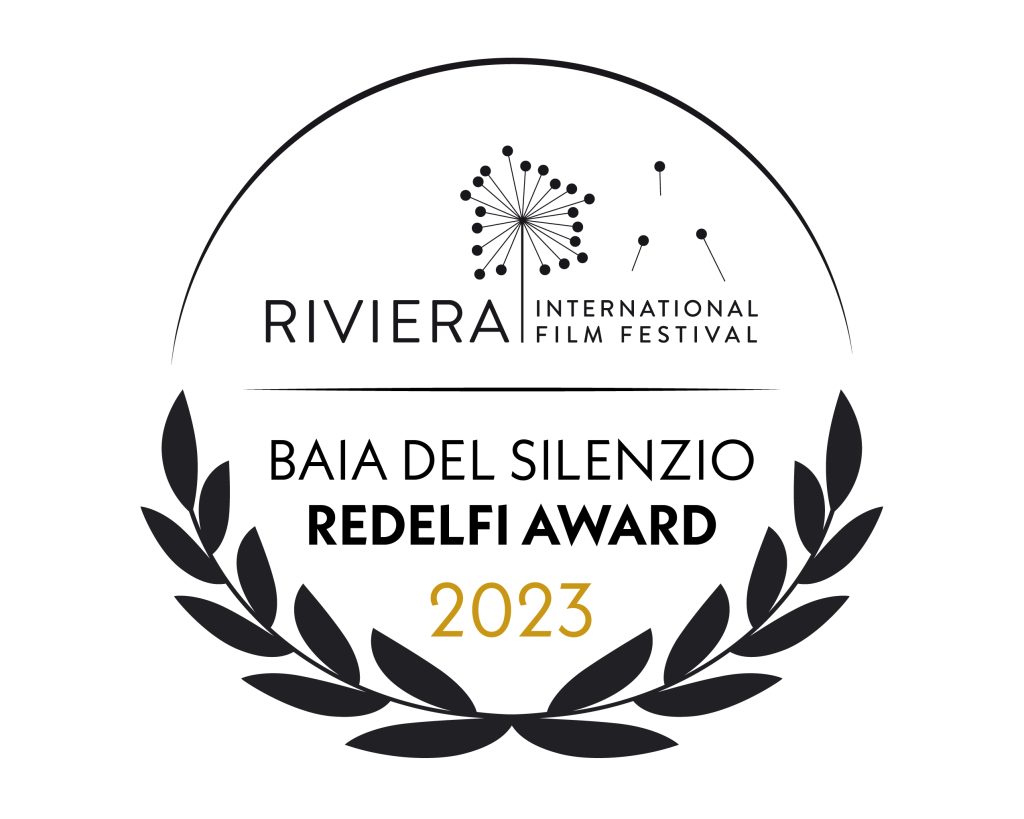
Nicola, alias Corvaz, is a simple and instinctive 28 year old who works hard in the vineyards of his abusive father, and loves walking in the forest with his dog Toni, his only friend. Nicola's everyday suddenly changes when his mother dies. She was sectioned years before in a psychiatric hospital accused of having tried to drown her son. On the day of his mother's funeral, Nicola overhears that she committed suicide, rekindling his sense of guilt, convinced since childhood to be the cause of her insanity. Shortly thereafter, the village is troubled by a series of acts of vandalism, of which Corvaz is accused: now he is considered as dangerous as his mother. He finds, however, an unexpected understanding in Mara, the energetic barista of the village, engaged with the scion of a powerful local family. The friendship between the two will ignite the grudge of the community against Corvaz, guilty of having violated the ‘rispet’. When a punishing expedition gets out of hand, Nicola will be forced to show his most ferocious side to save himself and break the chains linked to the villagers ‘rispet’.
Rispet: a word in the Trentino dialect, that is repeated constantly and that embodies unwritten rules of life, beacon of the relations between the inhabitants of a small mountain village. It is based on two cornerstones: honour and shame and is the yardstick with which the villagers judge each other. Anyone who violates the rules must be punished with the pillory of slander that isolates from the rest of the community. Who ‘respects’ it is part of the great family, is worthy of help and understanding, even if he/she behaves badly. Rispet embodies itself in shame, in the fear of being different, in not accepting a sick or weird child, in the impossibility of showing oneself weak in front of others.
Representing "rispet" for me - explains the director - means talking about a feeling that has influenced my entire life: despite the fact that I left my mountain town at eighteen, and had the opportunity to get to know other worlds, a part of him survives rooted deep inside me, like an old scar that comes back to bother me every now and then. Cecilia's precious work is followed by the sociologist Christian Arnoldi, author of “Tristi Montagne. Guide to Alpine ailments”, which describes “rispet” as reluctance, restraint, shame, emotions that lead people to suffocate feelings and desires in order not to violate the consolidated balance of a community and risk being laughed at or excluded. With this film - Cecilia underlines - I wanted to highlight this particular aspect of life in the mountains. Not the only one, of course, but the one that most of all ends up hidden under the carpet, like dust that you don't want to see. I was born and raised in a small town in Trentino, I experienced firsthand "rispet" and its consequences, sometimes even tragic, but I decided as an adult to continue living in a small mountain village. I consider this film an act of love, not contempt, towards the reality that surrounds me, a reality that still remains my home.
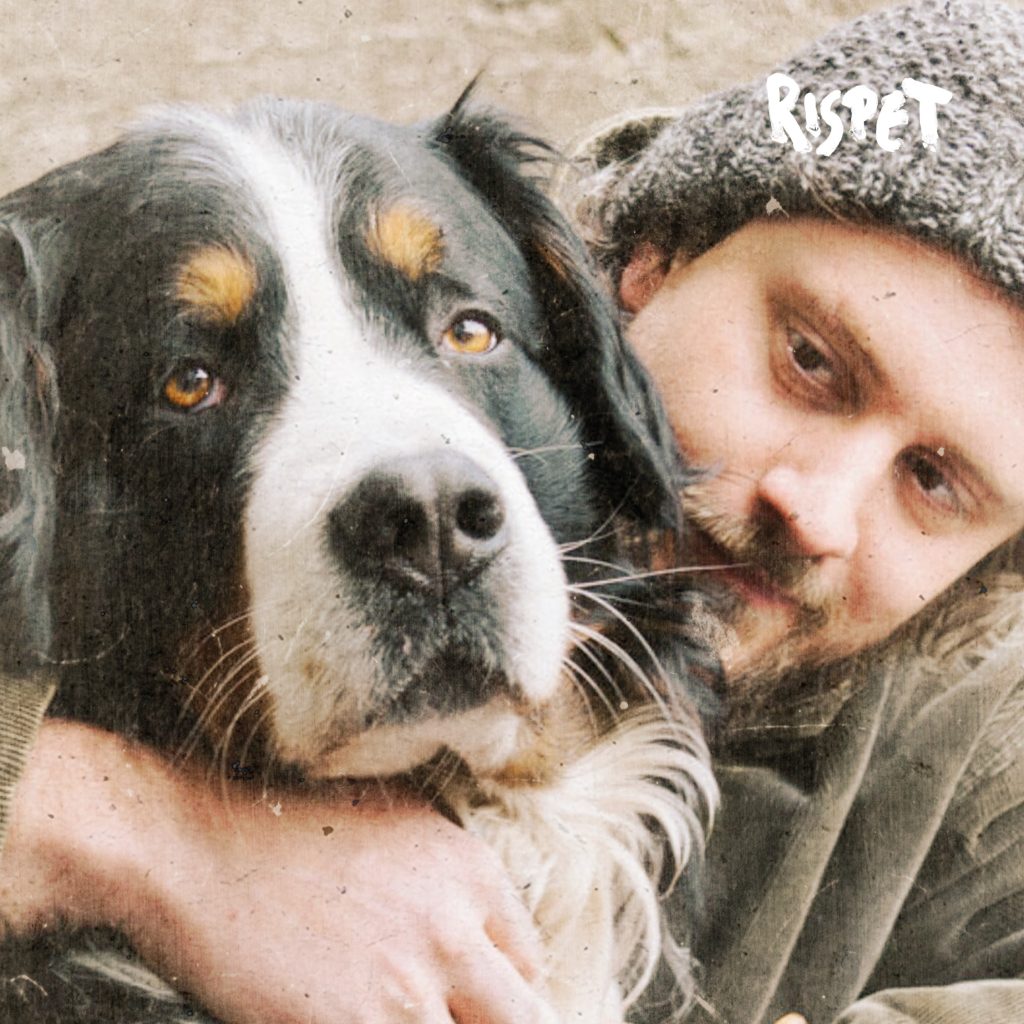
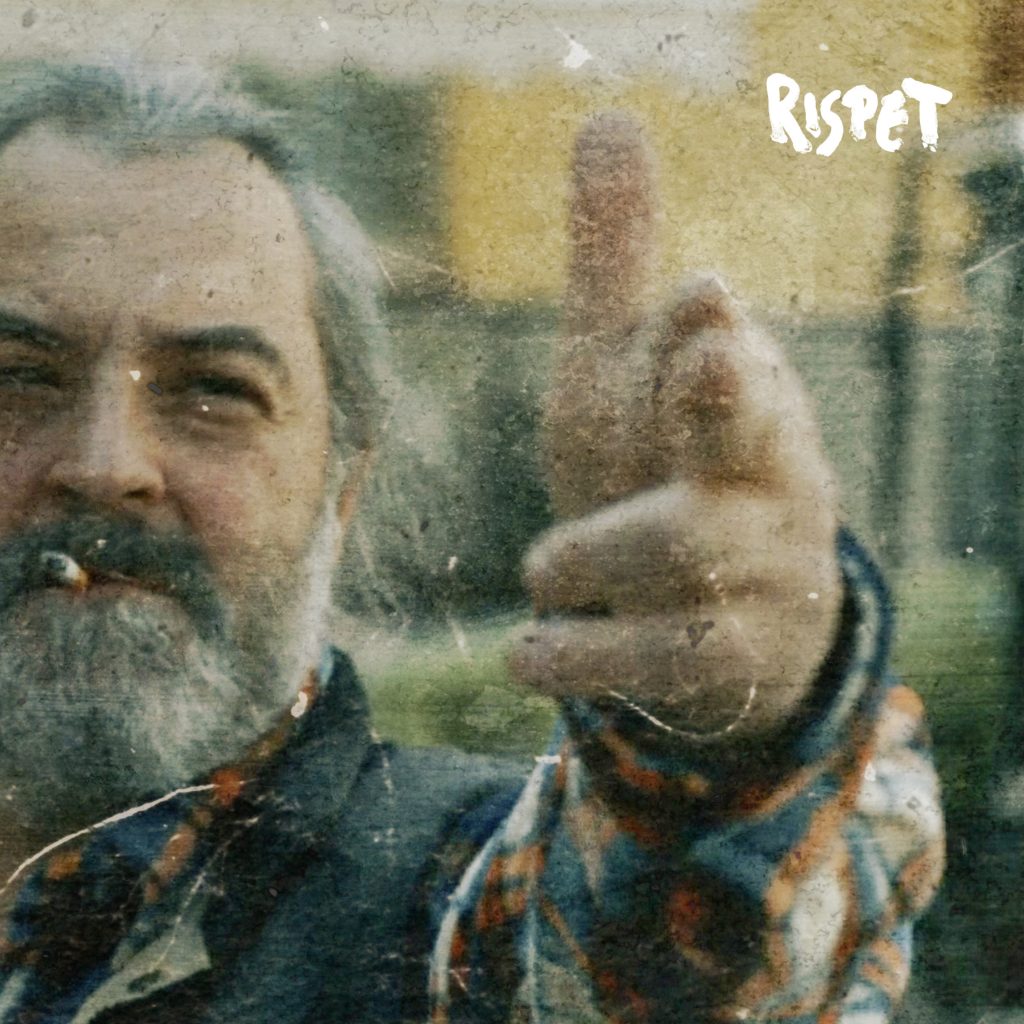
Vika, who is 84, is one of the eldest DJs in the world. Because of her attitude, she is far from any stereotypes about senior citizens. Adored and surrounded by a young audience, she prooves that age is just a number. Her life is filled with music, dance and unconstrained joy, but there is a dark side of this story. To fulfil her dreams, Vika made decisions that left a mark on her relationship with her own family. The most recent film by Agnieszka Zwiefka is a bittersweet documentary musical about consistence in following your own path and fighting for your dreams.
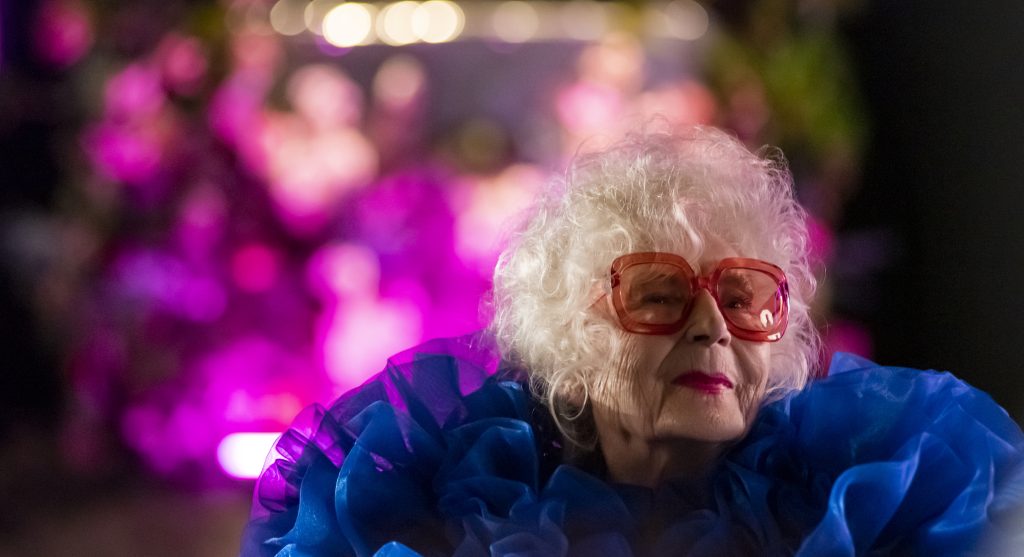
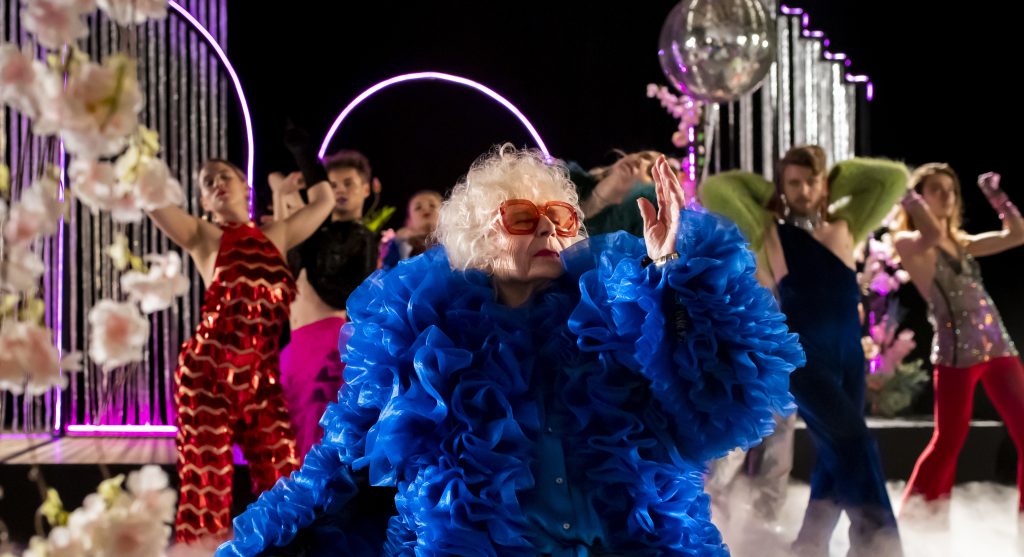
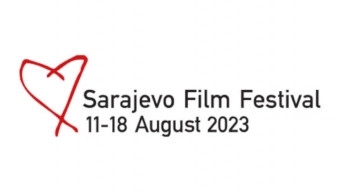
A participative-observational documentary about the Croatian-Roma couple Tea and Mirsad, their daughter Frida and an attempt of a life together, stretched between family pressure and compromises they are both willing to make. Their respective endowments were economically and culturally practically incompatible, so they had to face an unrewarding challenge of balancing their family baggage in the form of previous generations’ legacy on the road between Croatia and Kosovo. Joined in their wish to find a solution for their families’ unrealistic expectations, Tea and Mirsad will embark on a complex game of adaptation, which will finally prove to be a burden in their own intimacy. This extremely personal and intimate film unmasks a series of family rituals, traditional stereotypes, even cultural racism, amidst which two people in love are trying to find the right measure between fulfilling the image their parents have and the need to stay true to themselves and live by their own values. Tea and Mirsad obstinately try to be obedient children to their parents and, at the same time, free-spirited parents to their daughter Frida, which seems an impossible task, all the love notwithstanding.
It's an extremely personal story. It's about me, my husband Mirsad, our daughter Frida and how our families reacted when faced with an unexpected marriage and a little girl who they now expect to raise based on their own cultural models. I started shooting almost for fun. Then the idea of a film made its way into me to show how a marriage between different cultures is possible. Over time the idea matured and what I took back became part of our relationship and a driver of dialogue with our families. Filming situations as they happen allows me maximum intimacy and a direct approach to our emotional affairs. I will film all intimate situations and conversations because this is the only way to represent us as we really are, in a direct and honest way. This immediacy, without acting, is the backbone of the film: our daily lives, conflicts, dramas and decisions, disagreements and reconciliations will appear raw and real.
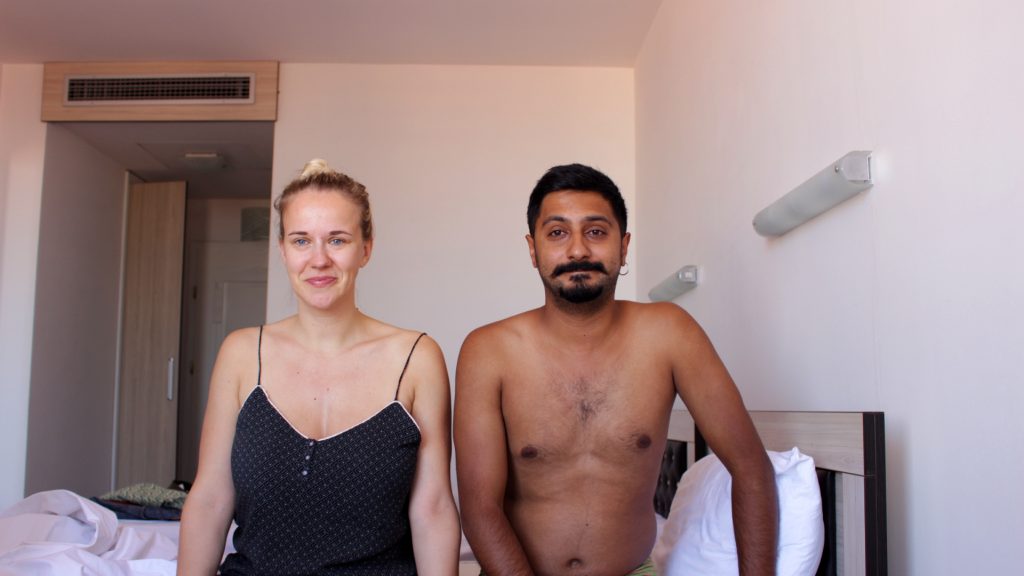
IN THE BELLY OF …THE CITY explores the Rialto market in Venice leading us through the entire Venetian lagoon, with its giant vegetables and juicy fruit; the Ljubljana central market bringing us to the cherry orchards and the Piran salt plateauat an hour’s drive from Slovenia’s capital; Hamburg’s Isemarkt which guides us through the Altländer in Lower Saxony and the cabbage centre of Europe in the Schleswig-Holstein region. And from the 18th-century steel construction of the Halles in Dijon we discover the popular and famous foods of Burgundy. From the regions to our table through the markets.
At the Rialto market delicacies that are part of the Venetian culinary tradition are brought by boat directly from the islands of Sant'Erasmo and Le Vignole. Artichokes, giant tomatoes, jujube fruits, and the radicchio chicory come from the wetlands north of Venice, while squid, shellfish and seafood come from the other side of the lagoon: San Leonardo, Burano or even off the rocks of the Giudecca. Dry fruit and spices instead come from the far east. Established over 900 years ago, visiting the market is discovering the whole Venetian lagoon and the city’s history in a totally different way.
Nearly a km long, the Isemarkt in Hamburg is one of the most significant bi-weekly markets the city can boost. 200 stalls full of fruit, bread, vegetables, fish, baked products and the best bonbons in town can be found under the U-Bahn viaduct. Most of the vendors are farmers and take us to where they cultivate rhubarb, grow wintery kale or harvest summer plums. The Free and Hanseatic City of Hamburg is a real gastronomical hub collecting produce from the lower Saxony region to the Lünerburger Heathland, from Schleswig-Holstein in the north to the biodynamic farms, just out of the city limits.
The diversity and richness of Slovenia are perfectly represented at the central market of Ljubljana: bakeries, family dairies and meat stalls offering the Carniola sausage or the Kraški pršut, a delicious, unique ham can be found on the lower level of a seminary building. Two great open spaces host the fresh fruit and vegetable stalls while on the long water-edge colonnade there is the fish market with lake water fish as well as seafood coming from the Adriatic coast, only an hour and a half away. Urban honey and freshly harvested salt also give a unique touch to this beautiful city market.
The Halles de Dijon is a huge expanse hosting over 700 stalls in 4 pavilions. Its size goes along with the variety of specialities coming from the Burgundy region. The stalls on the periphery carry the proteins – a vast selection of meats, poultry and charcuterie. Seasonal mushrooms, organic vegetables and an enormous variety of cheese are concentrated in the centre. The vendors take pride in explaining how the abbey monks make their cheese or the black currents are harvested. The light entering the steel beams makes shopping at the market a pleasure and stopping for a little snack, a must.
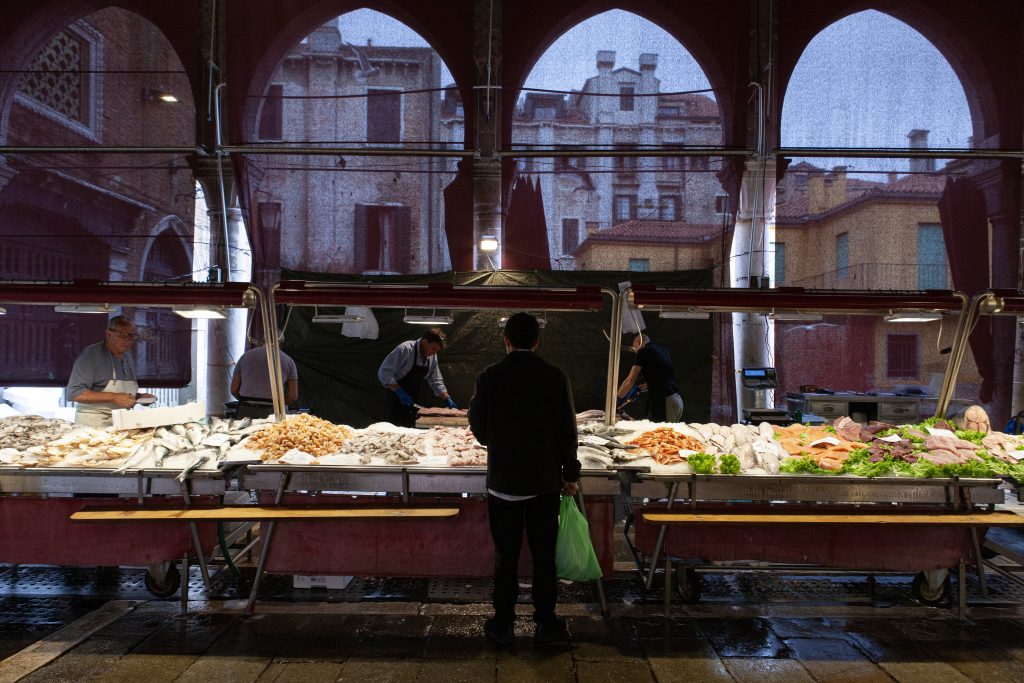
We are what we eat! City food markets provide a great variety of local, genuine and fresh food to an enormous number of people living in the city. IN THE BELLY OF THE CITY explores where quality food is produced in Europe through the markets that sell it. With the help of the producers, the vendors and the chefs we see how food production in Valencia is changing from a quantity production to quality products and how seafood and salmon are not the only food products one can find at the market in Bergen. The mix of cultures present in Thessaloniki becomes immediately evident at the Kapani market with its dried fruit, sesame seeds and cabbage leaves. The island of Sardinia has a trove of Mediterranean specialities served at the market stalls of the San Benedetto market in Cagliari while the English Market in Cork serves the most humble food of the Irish traditions, as well as the novelties of a young generation of foodies.
The market of San Benedetto in Cagliari is the island's belly. It is one of the biggest fresh produce markets in Europe and arguably said to be the biggest fish market in Europe. A paradise for food lovers, where every stall keeper has a story to tell. Artichokes and cheese overload these stalls, and the variety of fish is breathtaking. Clams, tuna fish and dried mullet roe, together with saffron and mastic oil, make it unique.
The Fish Market or Torget (the square) has a charming location in the heart of the city between the fjords and Bergen's 7 mountains. On the harbour the stalls sell an incredible variety of fresh fish and seafood like urchins, scallops, prawns and lobsters, but also local farm food like fruit, berries and vegetables. The old and young farmers come weekly and offer a few little known traditional produce such us the brown cheese or the lapskaus.
Ireland's third-largest city has one of Northern Europe’s market gems: The English Market. It supplied high-quality food to the rich English families differently to the Irish market, which no longer exists. Not big but consistent, one can find savoury sheep tripes boiled in milk and blood sausages, soda bread, and different sorts of potatoes. Everything from spiced beef to plum pudding, from apple ice wine to cucumber kombucha. Differently to the past, the best Irish produce today remains on the island and can be found here.
Perhaps one of the most beautiful and well-organized food market buildings in Europe is the Mercado Central of Valencia. Built on the area where an open-air market stood for centuries, the Valencian style Art Noveau construction is a ‘Cathederal of senses’. It’s two domes, iron beams and stained-glass windows, cover 400 stalls of local products, a proof of the variety and diversity of the regional agriculture, which is now transforming itself from intensive to natural.
The Kapani market is situated just behind the Aristotelous square of the city of Thessaloniki, the central square facing the Aegean Sea. Behind the city, the rich Macedonian farmland. The ‘Jerusalem of the Balkans’ as the city was once called is now known for its food and gastronomy: a tasteful mix of Sephardic, Balkan, Turkish and Greek delights. All can be found in the intricate streets of the market or tasted at the many cafés and tavernas operating there daily.
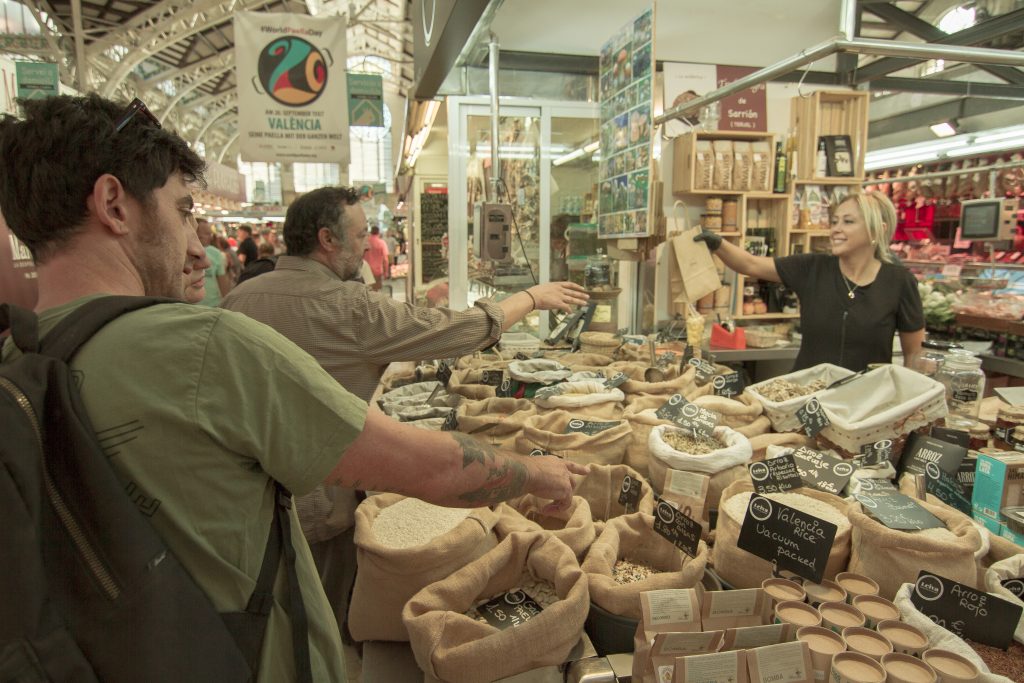
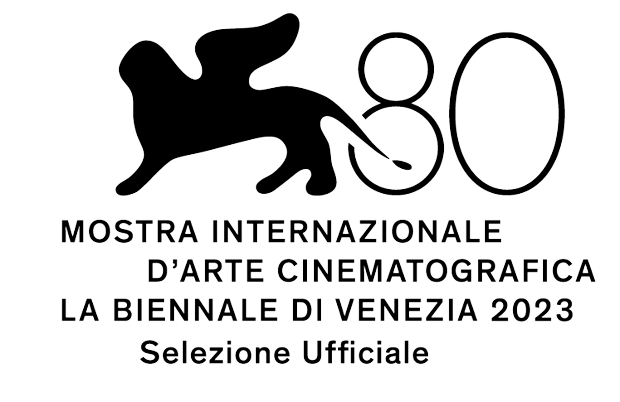
It's a summer evening from many years ago: the city is empty, and the final of the soccer world championship is underway. A woman, Teresa, reaches the Tiber and lets herself go into the river. The abyss swallows her while Virginia, her daughter, travels through Rome in the dark of the night: she wants to find her and save her. Virginia must cross
the depths of the waters, of history, the myths, the vital brightness and the disasters of a timeless Rome. Only then can she see her mother again, surfacing from the blackness of the Tiber, flying towards Amor, "the planet of care”. Surrounded by water, its streets, squares, and fountains are reminiscent of those of Rome with animals roaming freely.
How many times have we said these words to a mother, a brother, a lover? The question that I ask myself and that underlies the film like a pulled thread rests in its title, Amor. Does saving love exist, the one that keeps us close to others no matter what? That's what I asked myself the day my mother Teresa died. She was gone and I couldn't stop her. And the depression, which had wet every corner of our existence like water, had receded leaving rubble. Perhaps this is what the citizens of Rome felt in the immediate post world war II when faced with their destroyed city. The past was full of black holes, but life was calling and they had to move forward. From them I understood that the only way to come back to life was to reconstruct the fragments of Teresa's life, put them next to each other, emulating who had done it before me with the ruins of Rome and, in this way, make it appear again.
